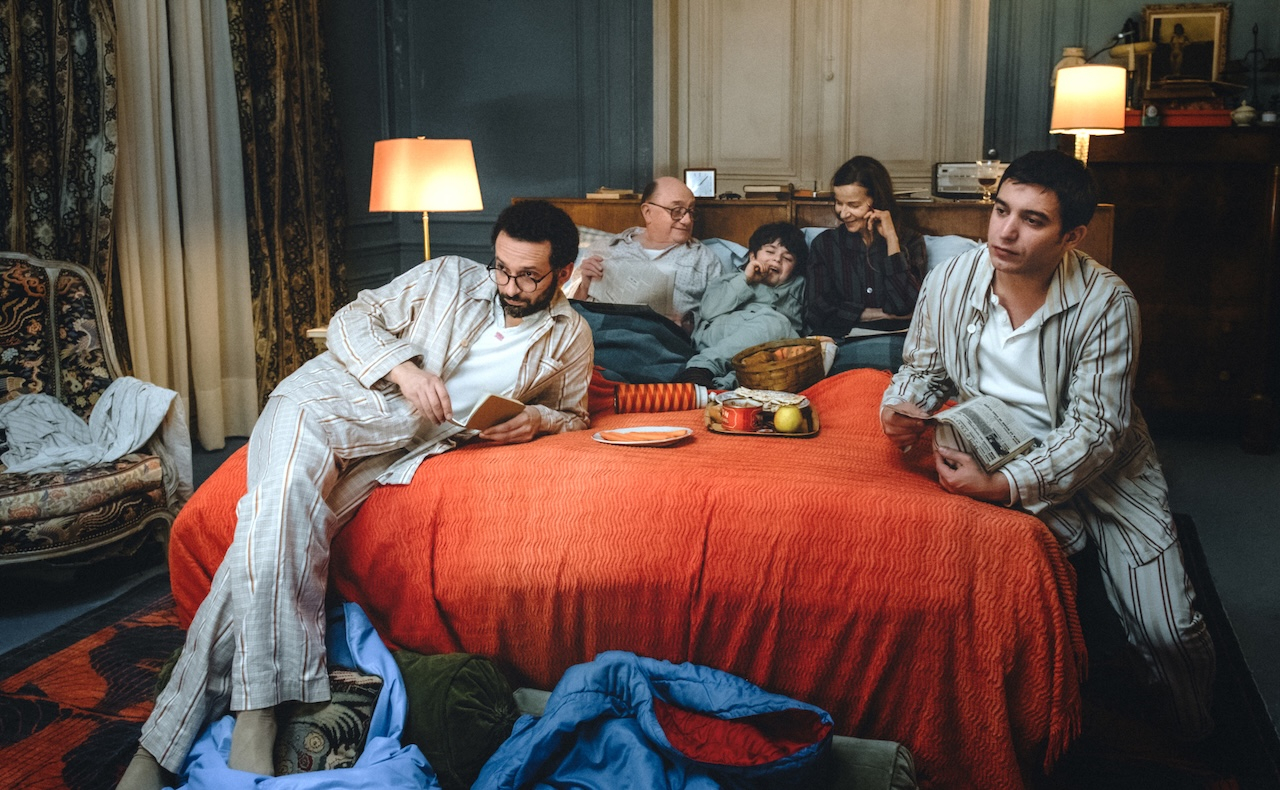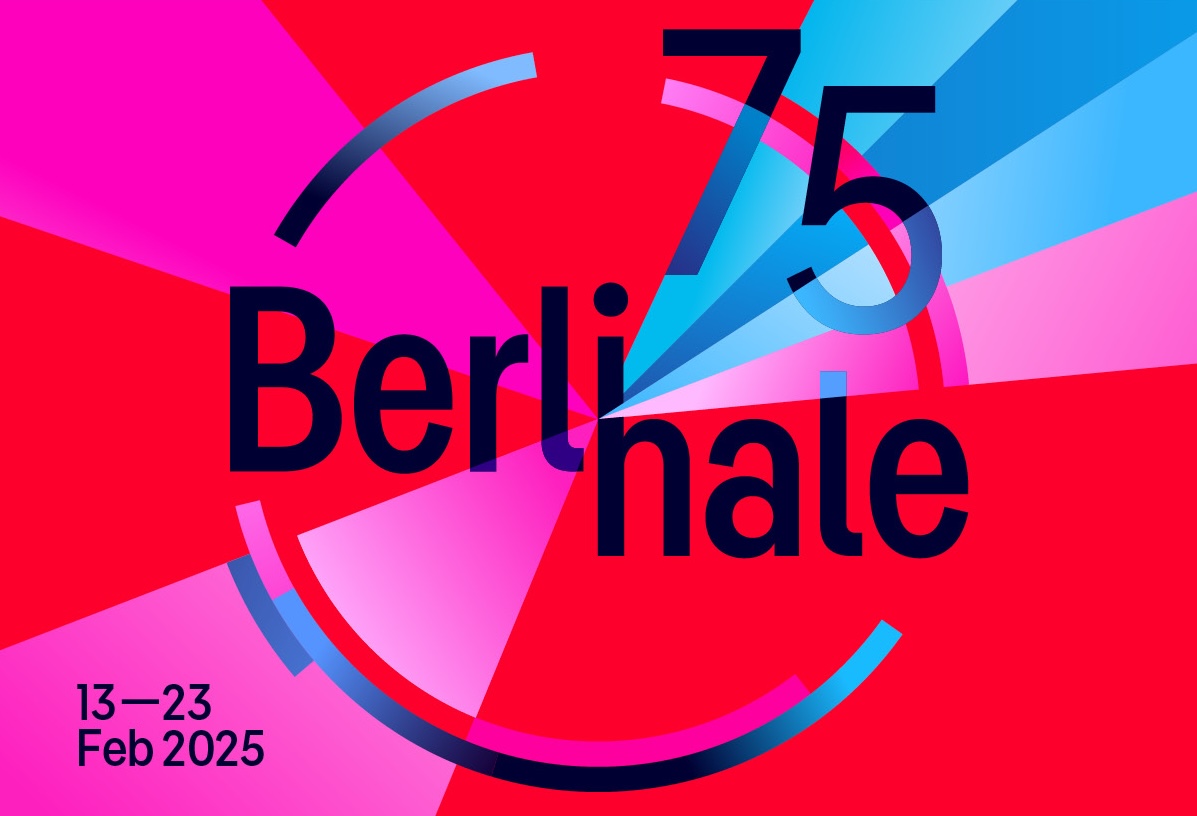The Safe House

Lionel Baier’s The Safe House (La cache) captures the turbulent political climate of Paris in May 1968 through the lens of a peculiar family sheltered from the outside chaos. Adapted from Christophe Boltanski’s autobiographical novel, the film unfolds through the perspective of a nine-year-old boy (Ethan Chimienti) growing up in a close-knit household filled with colourful characters.
The shining star of the movie is the boy’s great-grandmother (Liliane Rovère), who first appears lounging on her couch as ominous opera music plays in the background. As the matriarch, her larger-than-life persona and unpredictable nature light up the household. With years comes a rich history: born and raised in Ukraine, she speaks fondly of Paris, though it’s clear it will never compare to her vivid memories of warships and cannons at the port of Odessa. She anchors the story in a post-war European context, adding emotional depth that extends beyond the specific political situation in Paris.
The family dynamics are chaotic and sometimes amusing, but they often veer into theatricality without offering deeper substance. The two eccentric uncles, in particular, quickly become tedious rather than endearing. While the boy’s relationship with his parents feels authentic and his love for his great-grandmother is especially touching, the film’s attempt to portray a loving yet dysfunctional extended family is weakened by many of the characters’ one-dimensionality.
Visually, The Safe House has moments of brilliance. Baier’s careful attention to mise-en-scène and Wes Anderson-inspired colour palettes create a nostalgic feel. The confined, somewhat claustrophobic home setting could have served as a powerful symbol of the family’s insular existence, but its heavy-handed visual storytelling makes it feel more like a deliberate stylistic exercise than an organic reflection of their inner lives.
More gratingly, the value of creativity – voiced most explicitly by the grandfather (Michel Blanc) – is repeated with an almost doctrinal fervour throughout the feature. While it reinforces the household’s intellectual atmosphere, the frequent articulation comes across as didactic instead of an organic part of the story. It’s a fitting reflection of the work itself: artistically ambitious, yet often too self-conscious to feel truly alive.
Christina Yang
The Safe House (La cache) does not have a release date yet.
Read more reviews from our Berlin Film Festival coverage here.
For further information about the event visit the Berlin Film Festival website here.


























Facebook
Twitter
Instagram
YouTube
RSS